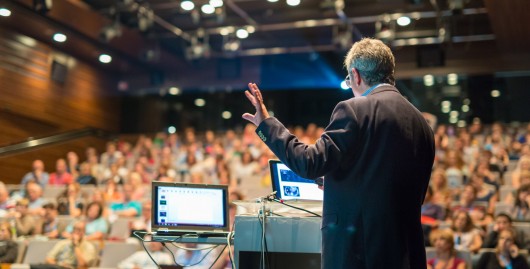Knowledge, Science, Democracy: What is the role of evidence in policy and society?
12-03-2021

WATCH THE RECORDING HERE
The EU’s population has never been better educated. The Europe 2020 strategy set a target that by 2020 40% of young Europeans have a higher education qualification. Already in 2019, more than 40% of the 30-34 year-olds in the EU had completed tertiary education. Higher education, and its links with research and innovation, as uniquely combined by universities play a crucial role in individual and societal development and in providing the highly skilled human capital and informed citizens that Europe needs to become sustainable and resilient.
Science and technology have a profound influence on our daily lives – from the ongoing digital transformation of major sectors to the remarkably quick development of COVID-19 vaccines. Some of the world’s biggest issues need scientific solutions and there is now a unique possibility to strengthen the links between the world of science, citizens and politics. Bridging the gap between science and policy is essential in ensuring good policy-making that is evidence-based.
Yet, society remains polarised between students from the 'Fridays for Future' campaign urging politicians to “follow the science”, climate change denial, anti-vaccine campaigns, fake news, and the ‘people are tired of experts’ narrative. This has led to a wave of public commentary and reflection on the role of experts and expertise in democracies.
How can politics, civil society and the science community overcome these challenges? And how can universities contribute? Is it possible for them to achieve the perfect balance of being research organisations, learning spaces and societal actors?
Join this EURACTIV Virtual Conference to discuss the role of evidence in society and policy-making in Europe, and the special role of European universities in shaping a knowledge-driven society.
WATCH THE RECORDING HERE
Supported by:

Location
Online
Panellists
Eva Kaili MEP, Chair of the Panel for the Future of Science and Technology (STOA), European Parliament
Despina Spanou, Head of Cabinet for European Commission Vice President Margaritis Schinas
Anna Panagopoulou, Acting Director, Research and innovation outreach, DG RTD, European Commission
Aura Salla, Head of EU Affairs, Facebook
Andrea Renda, Senior Research Fellow and Head of Global Governance, Regulation, Innovation & Digital Economy, CEPS
Michael Murphy, President of the European University Association
Moderator
Jennifer Baker, Journalist, EURACTIV
Schedule
09:30 – 09:35 Welcome
09:35 – 09:50 Panellists statements
09:50 – 10:55 Discussion and Q&A
10:55 – 11:00 Closing statements
Contact
Simona Ovesea
simona.ovesea@euractiv.com
+32 (0)2 788 36 86




